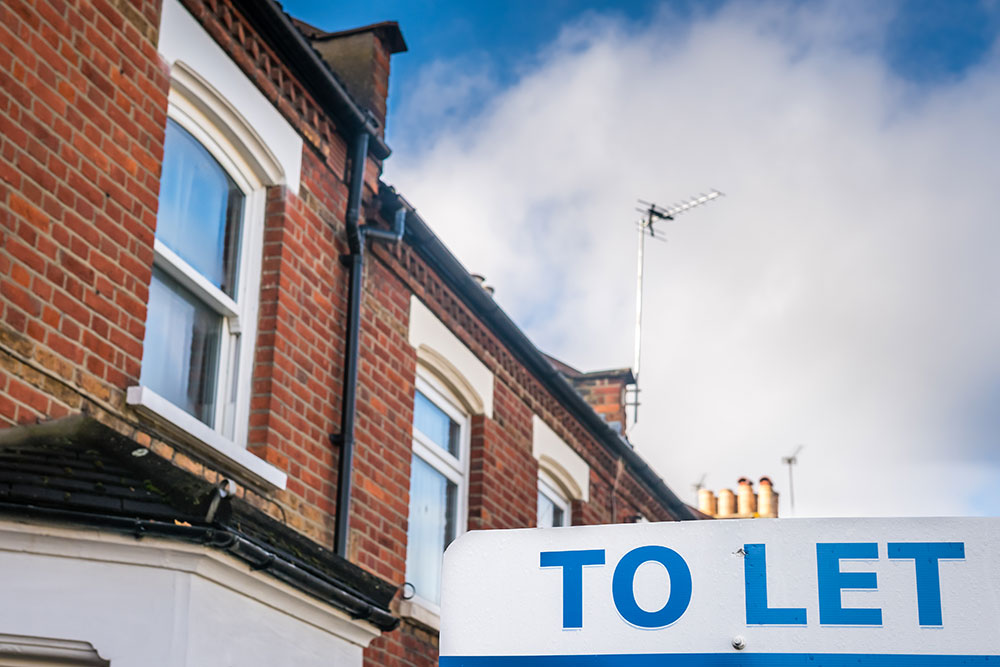More than 3,000 York households are in rent arrears, new figures show.
Meanwhile, the city has seen a drop in forecast rental income of more than £500K due to the number of empty council homes.
Altogether, 3,079 accounts are in arrears, owing £1.79 million to City of York Council.
That’s a rise of 22% of households falling behind on their rent in the 16 months from April 2021.
The cost of living crisis coming quickly after the pandemic has been blamed.
While the council says it does everything it can to help households struggling to pay their rent, it is taking legal action against 532 households.
It has carried out four evictions for rent arrears in this financial year.
Meanwhile, housing services is struggling with the massive hike in energy prices.
A report to the housing and community safety policy and scrutiny committee on Wednesday (7 December) says: “Electricity supplied to the council has increased by 128% since 31 March 2022.
“Gas prices rose by 402% on 1 April and then again on 1 October and even after the commercial cap it is currently around 500% higher than the 31 March 2022 price.
“We are currently forecasting a further 50% increase on 1 April 2023, although this figure keeps changing.”
Utility bills across council sites have risen from
- £377k in 2021/22
- to £1.22m in 2022/23
- and are set to rise to £1.9m in 2023/24.
If they passed on the full cost of the gas increases to tenants, their bill for just heating communal areas would rise from £288 a year to £2,063 a year. The “highest is Barstow House at £4,053 which is not realistic”, the report states.
Energy costs and an above-budget pay award means the housing revenue account is set to be £2.35 million in deficit.
Empty homes
The council says rental income is set to be £552K below budget “due to the number of void properties across the portfolio”.
The report says: “A third of these properties are long term voids, such as Glen Lodge and Bell Farm, where the properties are awaiting large scale capital works.”
Outside of these properties, there were 110 empty homes awaiting tenants in October, down from 140 in June “meaning more voids are being returned to re-let, than the number of empty properties received, each week”.
The report adds: “The average number of days to re-let empty council properties (excluding temporary accommodation) was 78 days at the end of Q2 2022-23.
“Although still high, this has reduced from 108 days at the end of May 2022.”
[tptn_list limit=3 daily=1 hour_range=1]
